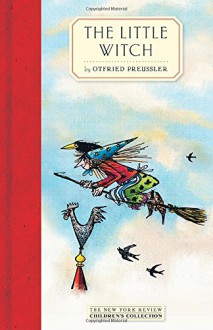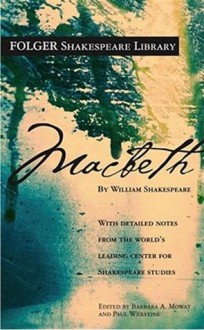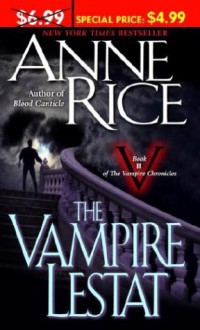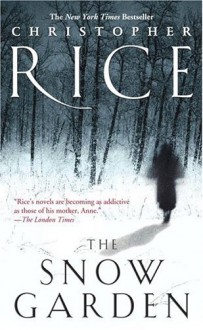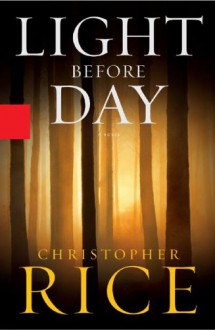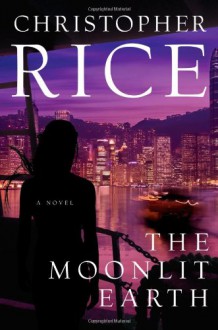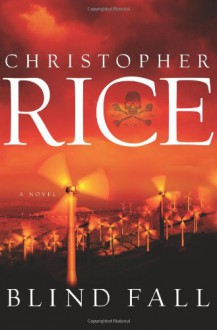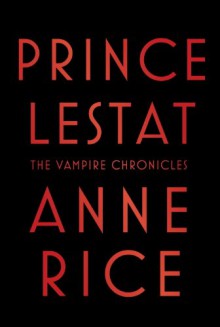 Witches.
Witches.
One of my very first literary heroine was a little witch who manages to get the better of all the bigger, older witches after having been put down by them -- the heroine of Otfried Preußler's Little Witch. (In fact, I loved that book enough to write my very first fan letter to the author about it ... and I still love it enough to have put it on MR's "1001" list.)
Ever since, I've come to be interested in them because women are almost always maligned as "witches" when people are afraid of them because they -- the women in question -- happen to be better at something (or are merely perceived as being better at something) than others. That's true for the poor ladies of centuries past who just happened to know their herbs a bit better than their neighbors, potentially even better than the local monastery's herbalist, and who, after having helped countless community members with every ailment from headaches to abortion, were duly burned at the stake for their troubles the second they even inadvertently stepped on someone's toes. And it's still true for women who happen to be better at their jobs nowadays than their (mostly, but not necessarily male) colleagues. Other slurs such as plainly denigrate -- "witch" (and to a certain extent also "bitch") implies an irrational element of fear. In light of that, the transformation of witches -- or their perception -- from the worst of evil bogey(wo)men conceivable to a positive identification with the "women's power" movement is a thing to behold; not least in literature.
Which, incidentally, is just one more reason why I love Terry Pratchett and Neil Gaiman's Good Omens. And along the same lines, who wouldn't love Mr. Pratchett's Granny Weatherwax and her coven?

Though, speaking of Pratchett, he has also created just about the only werewolf I can get behind (and for similar reasons) -- Angua of the Night Watch.
And, well, yeah, in terms of stories that were films before they were books, Ladyhawke of course ... which isn't so much a horror as a "doomed lovers" story, obviously.

Vampires, though? Hmm. I mean, on the one hand, give me Dracula rather than Edward Cullen any day of the week (and I'm saying that as a confirmed non-horror reader). On the other hand, I read Anne Rice's vampire novels -- until she turned BBA, that is -- for just about everything but the horror aspect; in fact, if she'd ramped up that one I'd have been gone in a flash. (Incidentally, Rice once revealed in an interview that Lestat's character was inspired by Rutger Hauer's portrayal of Etienne de Navarre in Ladyhawke. Go figure.)
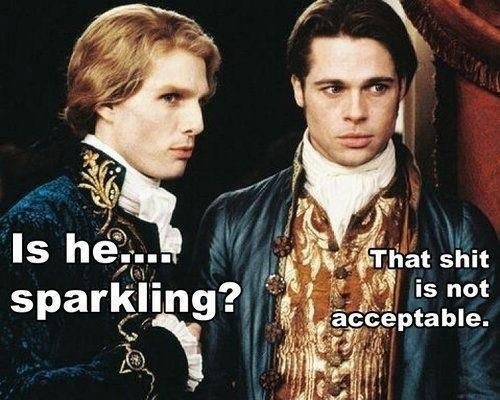
And zombies? Leave me alone and get the hell out of here. They creep me out so badly I won't even go anywhere near them in a supposedly humorous context (like the "white trash zombie" novels that are currently all the rage).


 Log in with Facebook
Log in with Facebook 
